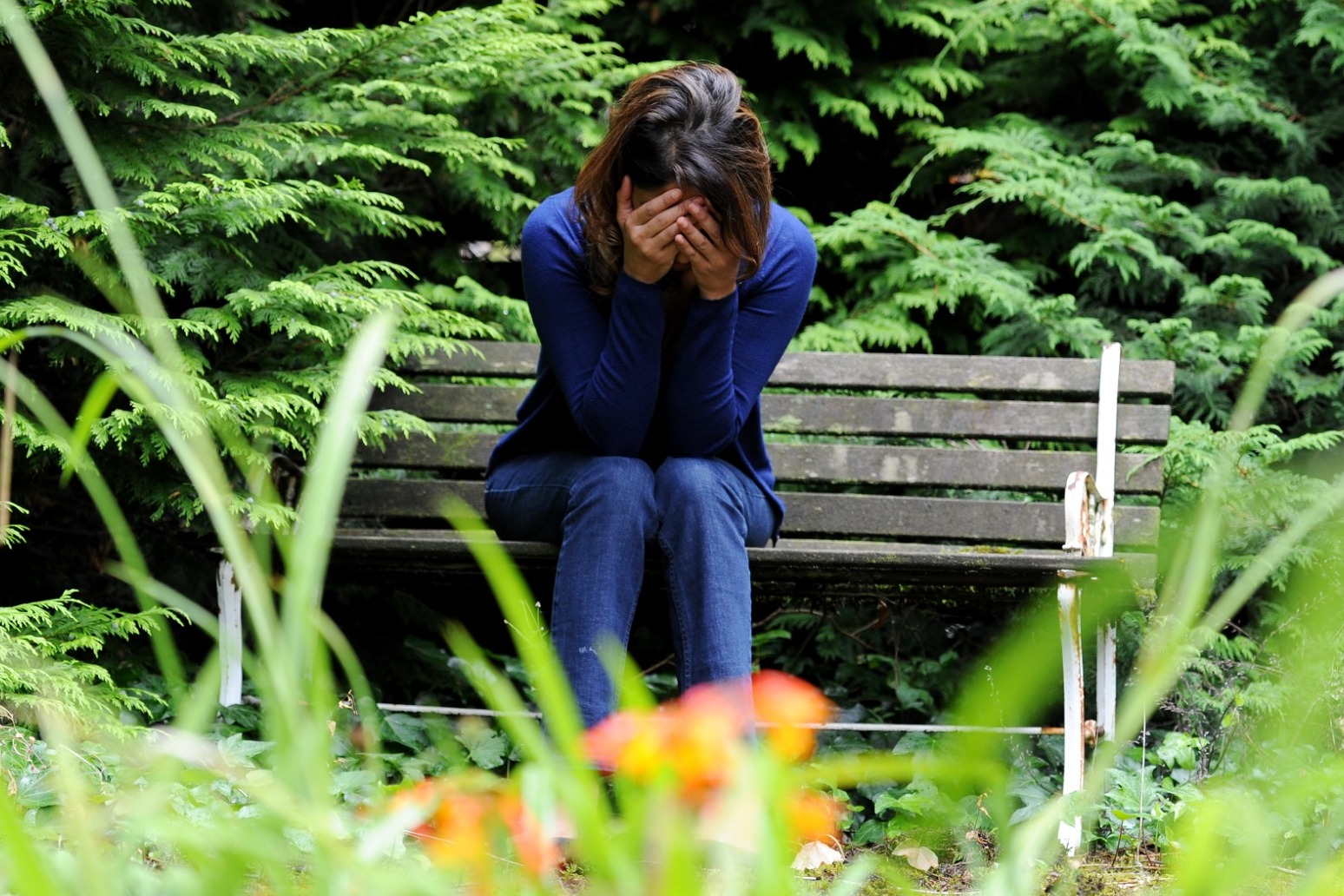
Violence and abuse towards women and girls is driving up cases of mental illness, leading medics have warned.
The Royal College of Psychiatrists said that a significant number of patients are coming forward for help with mental health issues after being subject to abuse.
Long-term abuse can lead to suicidal thoughts or symptoms of psychosis, the college said.
Some 59% of psychiatrists said that violence and abuse are contributing to mental illness in their female patients, according to a new poll by the Royal College of Psychiatrists.
Almost half (49%) of the 515 psychiatrists surveyed said relationship issues – often caused by coercive behaviour – were driving mental health issues in women and girls.
Members of the college were asked to choose the top three influences on mental illness in women and girls.
Some 48% said that home and family pressures were contributing to mental health issues.
Isolation and loneliness was also raised as a contributory factor by almost a quarter (24%) of psychiatrists.
Dr Catherine Durkin, joint presidential lead for women and mental health at the Royal College of Psychiatrists, said: “We have long been aware of the serious harm violence and abuse can do to women and girls’ mental health.
“Tragically, it is not uncommon for female patients to experience long-term abuse that causes serious symptoms, including suicidal ideation or symptoms of psychosis.
“I regularly see patients who are dependent on an abusive partner or family member due to emotional, family or financial reasons.
“Victims often feel unable to speak openly about such issues, meaning their problems go unnoticed, sometimes for years.
“Not all abuse is physical – psychological abuse also causes extreme harm and casts a long shadow over victims.”
The college has called for ring-fenced funding for independent domestic violence advocates to be placed in every mental health trust.
Dr Philippa Greenfield, joint presidential lead for women and mental health at the college, added: “Clinicians often do not realise that violence, abuse and coercive behaviour can have serious mental health implications.
“This lack of awareness can leave victims undetected and their mental health needs not appropriately addressed.
“Poor access to practical and psychological support also means that most victims are not receiving the specialist care they deserve and fundamentally, we are missing opportunities to keep them safe.
“As soon as the need arises, victims of domestic abuse should be offered the right support. Access to independent domestic violence advocates is an essential part of this.”
She added: “We need to shift our response to domestic abuse. This requires partnership working between third sector organisations at a local level, general practices, community health services, in addition to acute and mental health trusts and the wider system. It also needs to include recruiting and training the required healthcare workforce.
“If we carry on waiting until victims reach crisis point, we won’t improve outcomes for women and girls’ mental health. Every victim should know that the NHS is there for them when they need to escape the harm of an abuser.”
Published: by Radio NewsHub





